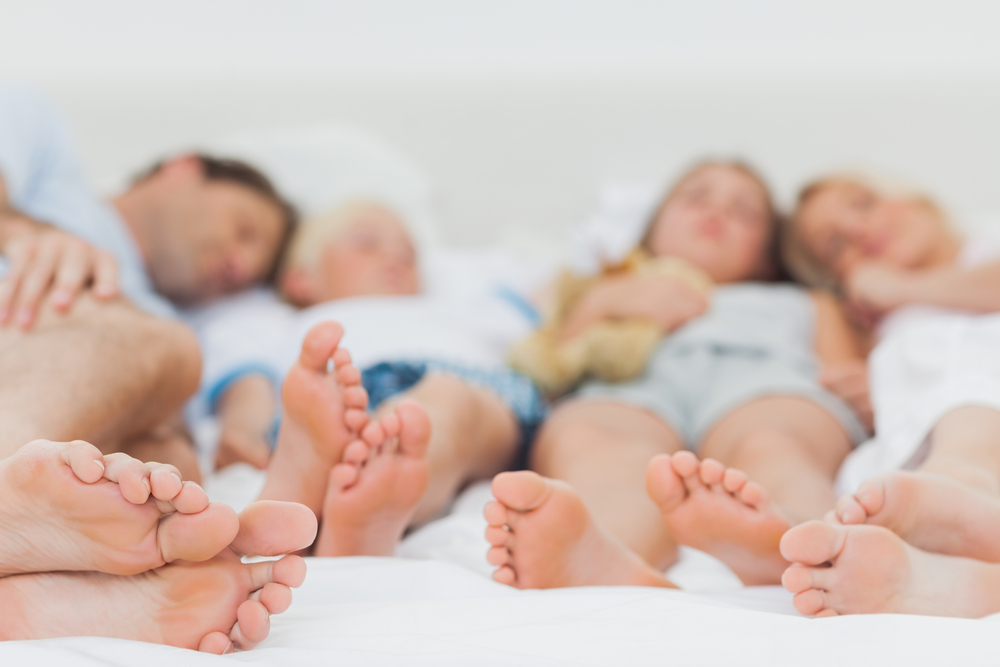Sleep Myths Debunked: 3
It’s no wonder there are so many myths about sleep.
Modern sleep research only really began in the middle of the 20th century, with the milestone discovery of REM sleep in the 1950s.
Before that, sleep was widely regarded as a ‘passive process’ and hence, not of great interest in terms of scientific inquiry.
When it comes to real ‘facts’ about sleep, this relative lack of empirical evidence, has, over the years led to a disproportionate amount of homespun advice, folk wisdom and old-wive’s tales.
There are many mysteries of sleep yet to be solved. The good news is, in the last few decades, science has been able to separate a lot of the fiction from fiction.
Over the next 11 days, we will explore some of the scientific research behind 33 of the most commonly held myths and misconceptions about sleep.
7: Watching tv helps you fall asleep
If you like watching TV before you drift off to sleep you’re not alone. In the United States watching television is by far the most popular pre-sleep activity.
Often TV is used as a sleep aid, the flickering light and constant background noise causing enough mental distraction to calm a busy mind before falling asleep.
However, research has shown that sleeping with the TV on may cause numerous health problems including depression.
Also TV emits light with a blue-ish hue. Light is the most important regulator of our biological clock, and blue light specifically is what regulates the secretion of melatonin, the sleep hormone. When exposed to blue light our body stops producing melatonin and we feel alert and awake.
8: Drinking alcohol will give you a better night’s sleep
Alcohol has a natural sedative effect so it may seem logical that a glass of wine, a whiskey or a beer before bed would help you get a good night’s rest.
Whilst it might help you fall asleep quicker, as the alcohol is metabolised through your body during the night, your sleep becomes progressively lighter and the likelihood of wakefulness actually increases.
Research has indicated that alcohol affects sleep in a number of ways, affecting protein channels in the brain that are responsible for regulating our sleep cycles.
Chronic drinkers develop a tolerance to these effects, increasing periods of light sleep, including the REM phase ,whilst reducing the amount of deep, restorative sleep.
9: Teenagers are lazy and love lying in bed
 If you have a teenage child, there’s a good chance that you’ve experienced a certain unwillingness to leave the comfort of their cosy sleep haven.
If you have a teenage child, there’s a good chance that you’ve experienced a certain unwillingness to leave the comfort of their cosy sleep haven.
A common assumption is that all teenagers are lazy, moody and unmotivated when it comes to getting out of bed in the morning. Well, research shows that there are real biological factors to explain these types of behaviour.
Starting around the time of adolescence, a change occurs in the body clock. During the years of puberty, a 2-3 hours delay occurs in the circadian rhythms and children of this age, particularly males, gradually become more ‘evening types’.
This phenomenon is known as delayed sleep phase disorder, and is characterised by a delayed sleep-wake timing. Studies have also shown that teenagers actually need around 9-10 hours of sleep as opposed to an average of 7-8 hours for most adults. However, there are many ways to help your sleepy teenager get through this biological change.



